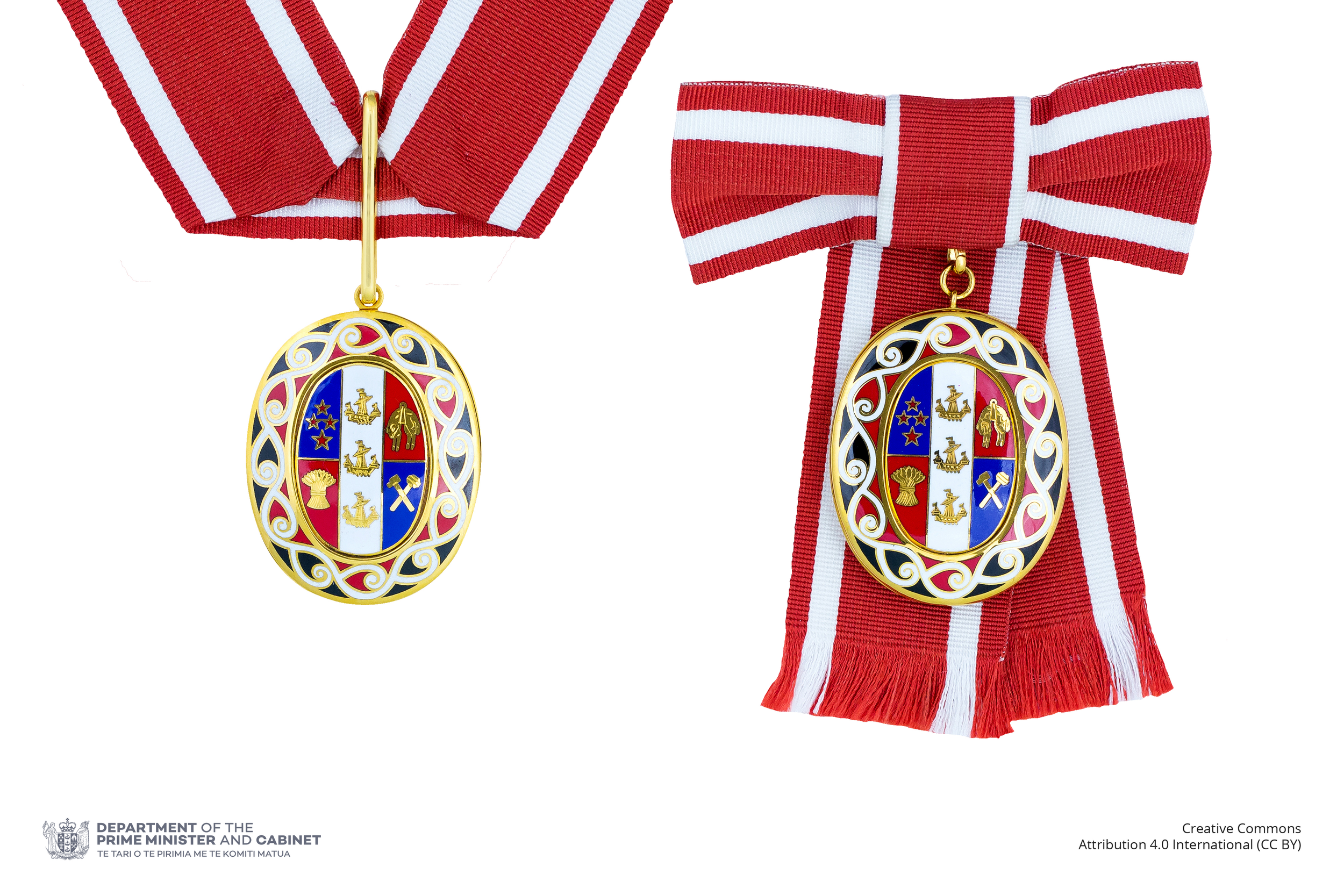Helen Clark Biography
childhood
Helen Clark was born on 26 February 1950 in the maternity wing of Waikato Hospital in Hamilton, the eldest child of Margaret and George Clark. She was brought up and spent much of her childhood on their farm in Te Pahu.
She went to Te Pahu Primary School, and then was sent by her parents to Auckland to attend Epsom Girls' Grammar School as a boarder.
EARLY POLITICAL CAREER
Helen Clark and Peter Davis celebrating the win in 1999 elections
In 1968 Helen Clark enrolled at the University of Auckland in a Bachelor of Arts, majoring in political studies and going on to a Masters. After graduating, she became a lecturer in the Department of Political Studies. In 1981 she was elected as the Member of Parliament for Mount Albert, an electorate she represented until retiring from Parliament in 2009.
1984–87, in the first term of the David Lange-led Fourth Labour Government, Helen Clark was Chair of both the Foreign Affairs and Defence Select Committee and the Disarmament and Arms Control Select Committee. In this role she played a major part in New Zealand’s validation of a nuclear-free policy, which the country endorses to this day.
From 1987 to 1990, in the second term of the Lange administration, Helen Clark was a Cabinet Minister. She held numerous portfolios including housing, health, and conservation. In 1989–90 she also served as Deputy Prime Minister. In 1990, she was appointed to the Privy Council, becoming the first woman in New Zealand to hold those offices.
After the Labour Government lost the 1990 election, Helen Clark was Deputy Leader of the Labour Party and of the Opposition until 1993, and then Leader of the Labour Party and of the Opposition until 1999. Following the 1999 election, the New Zealand Labour Party was able to form a governing coalition and Helen Clark was sworn in as Prime Minister of New Zealand.
Helen clark as prime minister of new zealand 1999-2008.
Helen Clark as Prime Minister also held the portfolio of Arts, Culture, and heritage. During her nine years as Prime Minister, New Zealand enjoyed strong economic growth, low unemployment, and notable investment in public services. Helen Clark set clear objectives for sustainable development and climate action, two areas she is still engaged in today.
Helen Clark, Prime Minister of New Zealand (1999 - 2008)
helen clark as the Administrator of the United Nations Development Programme
From 2009 to 2017 Helen Clark served two terms as Administrator of the United Nations Development Programme, the first woman to do so.
She was also Chair of the United Nations Development Group, a committee consisting of the heads of all UN funds, programmes and departments in charge of development issues.
In 2013, after she was appointed to administer UNDP for a second term, Forbes named her the 21st most powerful woman in the world. She was the only New Zealander to make the list.
THE ORDER OF NEW ZEALAND
The Order of New Zealand is the country’s highest honour, established by Royal Warrant on 6 February 1987 (Waitangi Day) to recognise outstanding service to the Crown and the people of New Zealand in a civil or military capacity. Helen Clark was appointed to the Order on 31 December 2009.
helen clark as A GLOBAL LEADER IN SUSTAINABLE DEVELOPMENT AND GENDER EQUALITY
Helen Clark is currently involved in a range of international organisations. She is Patron of The Helen Clark Foundation, and chairs the Extractive Industries Transparency Initiative, the Partnership for Maternal, Newborn, and Child Health, The Global Leadership Foundation, and The Global Commission on Drug Policy, and other advisory boards and commissions.
In July 2020, Helen Clark was appointed by the Director-General of the World Health Organisation to co-chair the Independent Panel for Pandemic Preparedness and Response. The Panel published its main report, COVID-19: Make it the Last Pandemic in May 2021.
Helen is one of the three Presidents of Chatham House, and a member of the Board of Directors of the Club de Madrid, the world's largest forum of former heads of state and government.
THE HELEN CLARK FOUNDATION
The Helen Clark Foundation was founded in 2019. It is a non-profit, non-partisan public policy think tank committed to generating and promoting policy research and debate in New Zealand. The organisation’s core values are inclusion, fairness, and sustainability, and the areas of research have included productivity, perinatal and maternal mental health, sustainable cities, and health equity. .
Anyone interested in a well-functioning democracy, and the future of effective public policy in New Zealand is invited to become a member and support The Helen Clark Foundation.
Helen Clark - official photo







